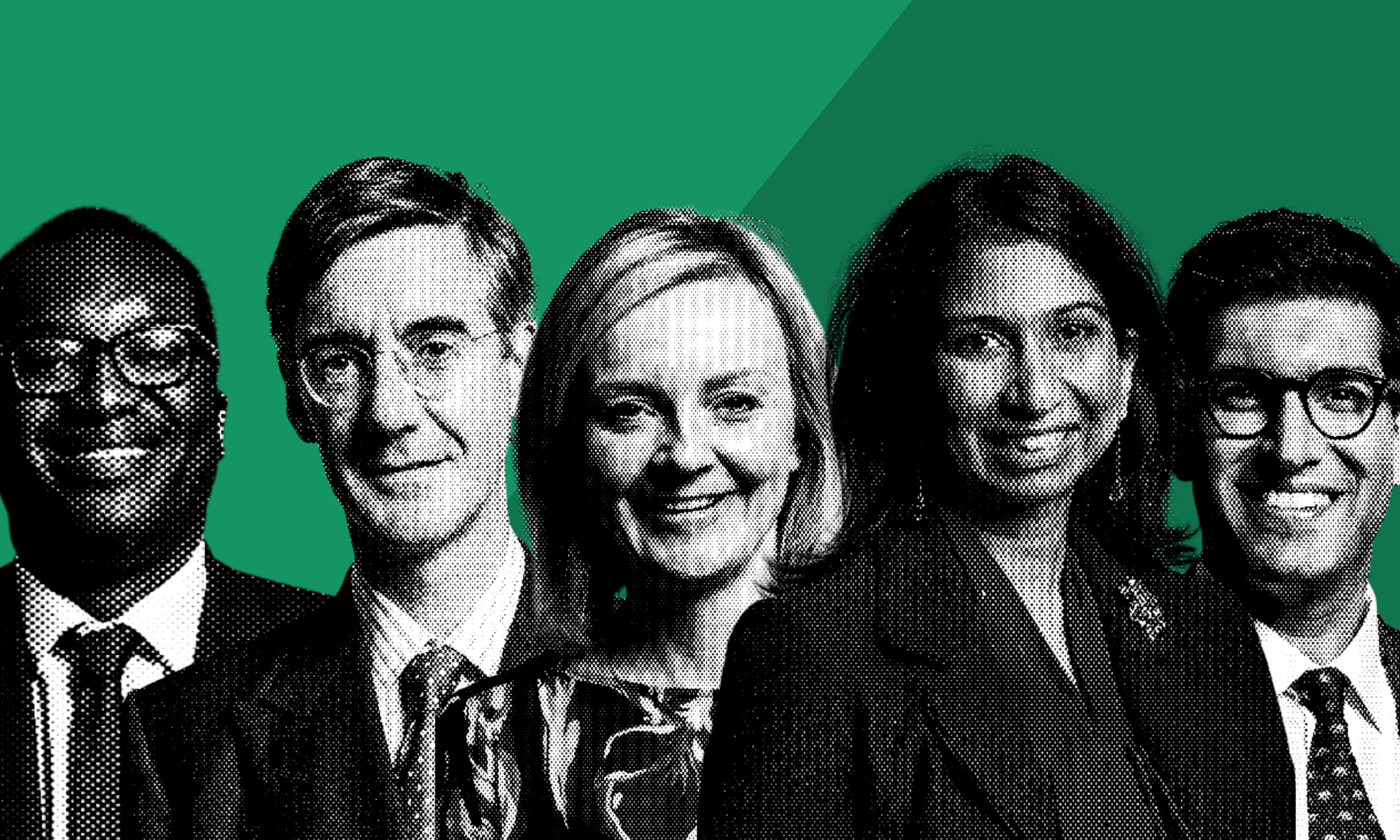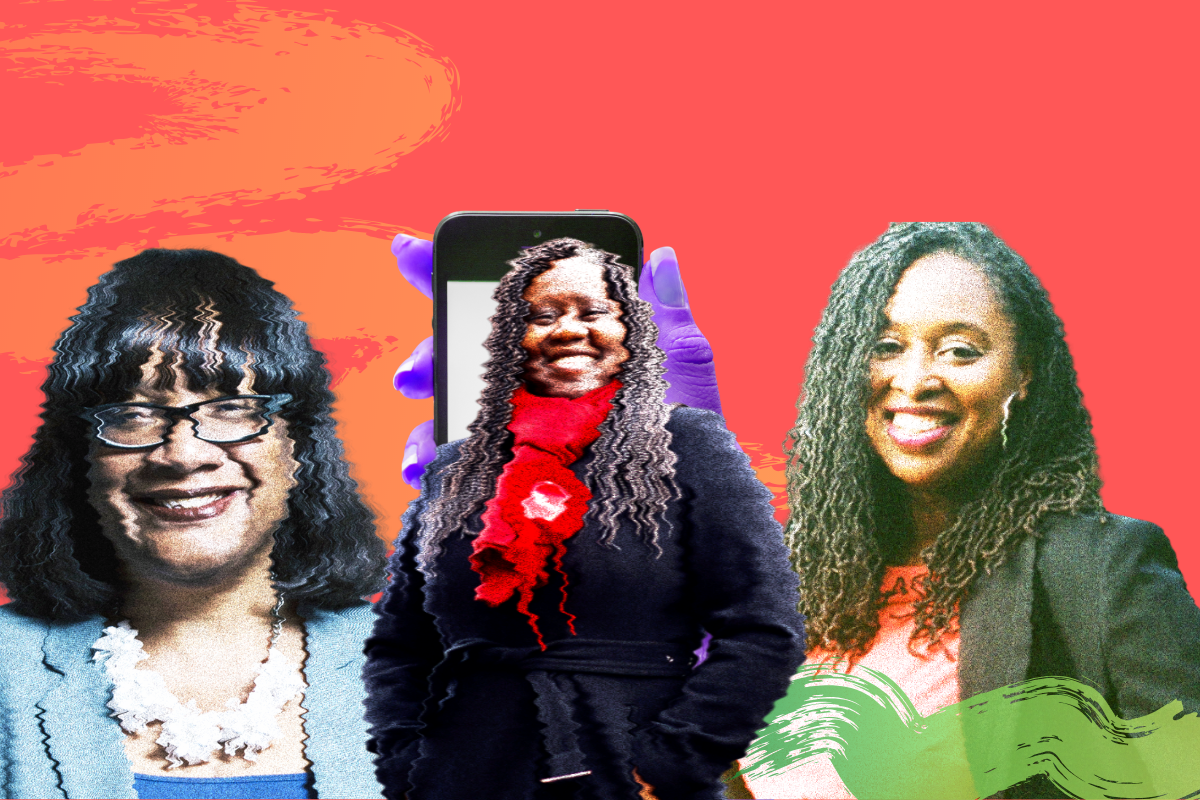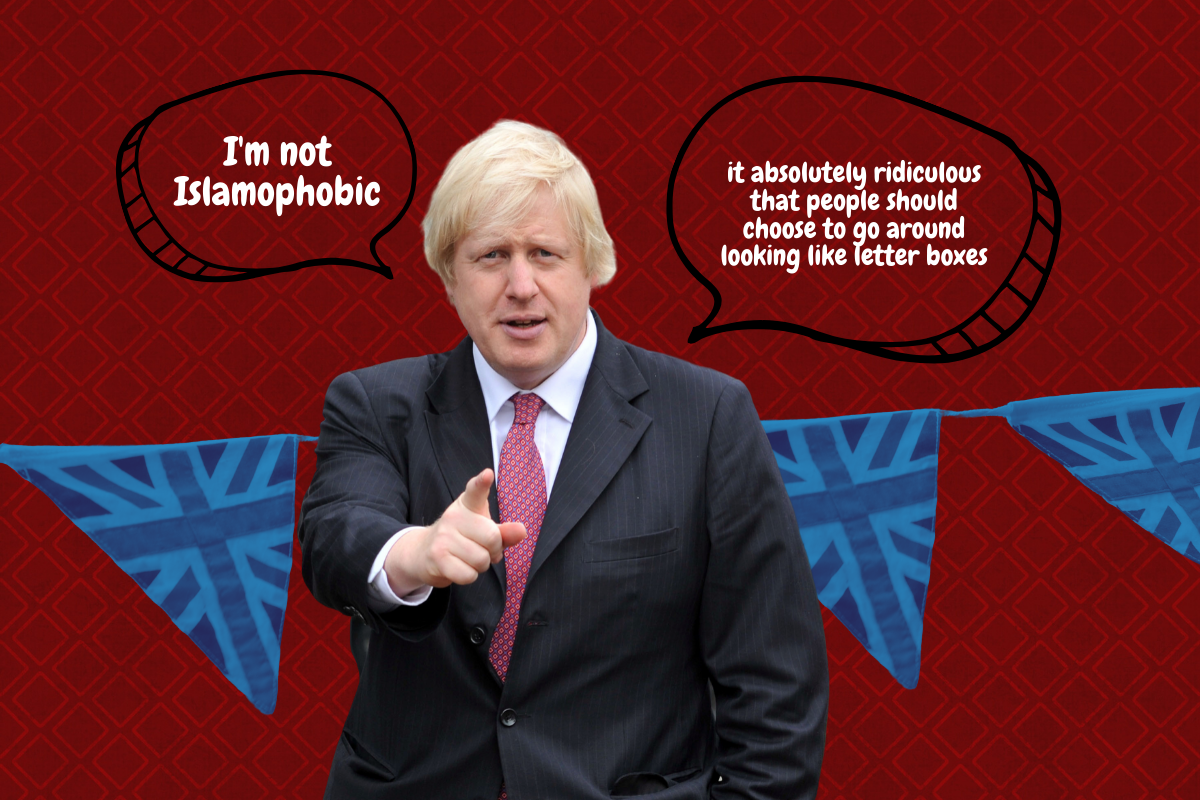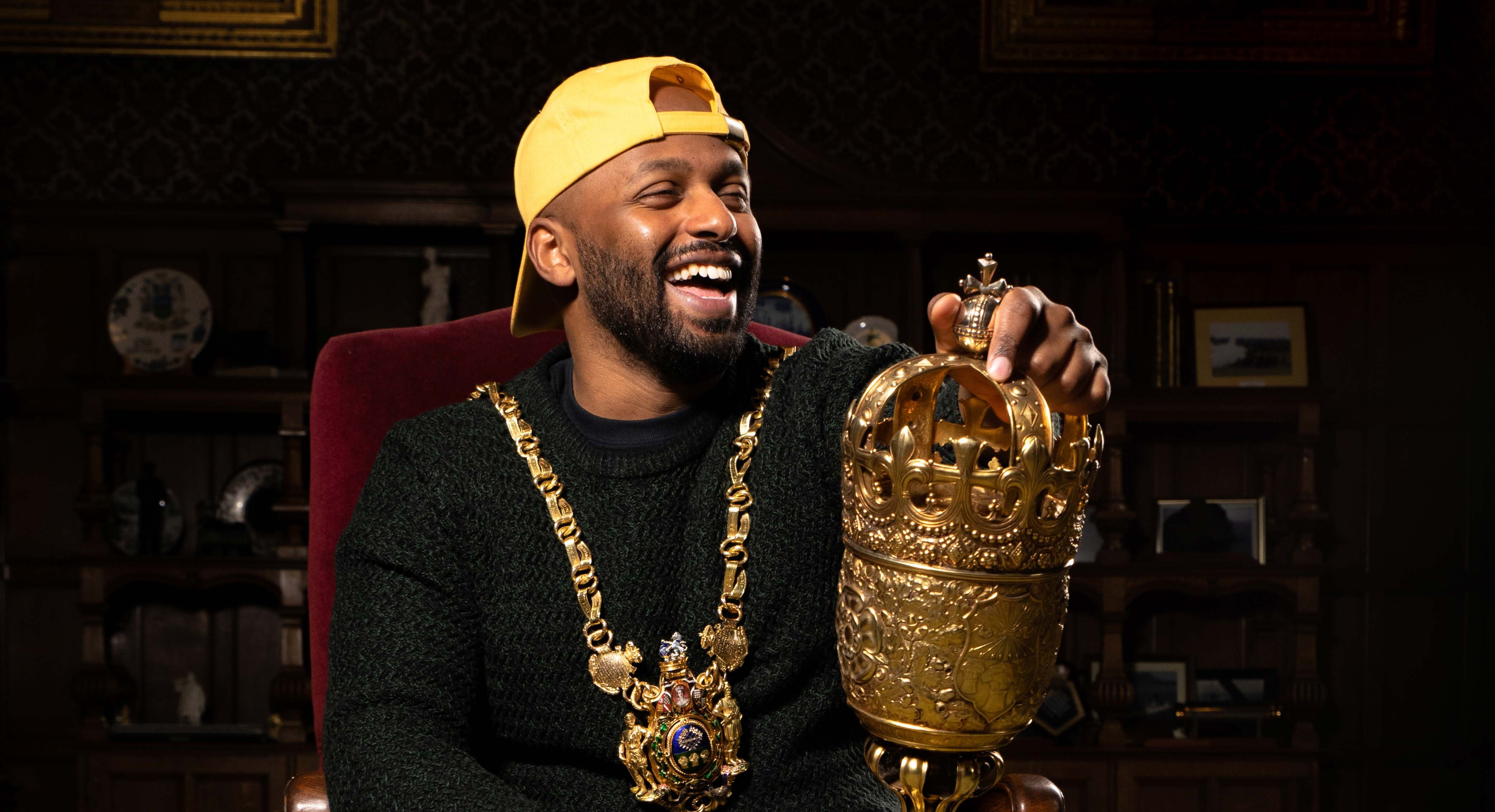
Photography by Karinala
On Wednesday, the next instalment of Boris Johnson’s white knuckle politics rodeo kicked into gear as he secured the Queen’s approval to suspend parliament for five weeks. This process which normally only lasts around five days is officially known as “proroguing”. Prorogation brings the current parliamentary session to an end, and instigates a ceremony only a few floating candles shy of a Hogwarts house-sorting to mark the next chapter of chaos.
The ceremony includes, variously: a figure with big Twilight energy called Black Rod; doffing of hats, speeches printed on parchment, and sporadic exclamations of the phrase “La Reyne le veult!” (Norman French for “The Queen wishes it!”). More crucially, once the ceremony has been held, all unanswered “questions” (a formal process which MPs use to ask ministers about the work of the government departments) and “motions” (a system of proposals for debates or decisions) get dropped, and any bills that haven’t yet received royal assent “die”. Quite literally: dead, dying, RIP legislation.
At the end of the suspension, in five weeks time, Boris Johnson’s “exciting plan” for the country will be outlined in the Queen’s speech – not her festive TV broadcast where she makes mealy-mouthed acknowledgements of various global conflicts started by Britain, but the one she gives at the state opening of each parliament session. After the Queen’s speech, parliament will get back to business.
So what’s the big deal; we all need some down-time, and surely even dusty grey-faced MPs deserve a slice of hot girl summer? If only it were that simple: alarmingly, a mere two weeks after parliament clocks in again, Boris will be trying to make Brexit happen. Considering that the prime minister is firmly championing a “no-deal” Brexit”, it can be inferred that Boris has shut up shop to prevent his plans being legislated off course. Protestors and politicians of all stripes have called the move “an outrageous power grab”, “profoundly undemocratic” and “tantamount to a coup”, and three legal challenges at last count have been launched to try and stop the suspension.
Whilst Westminster are busy losing their heads, and the general public are trying to get even the slightest purchase on the slippery ancient eel of British governmental process, gal-dem have put together a list of politicians cut from a different cloth, who might actually be able to organise a knees-up in a brewery (or run the country).
Magid Magid, Green Party Member of the European Parliament (MEP) for Yorkshire and the Humber
Magid Magid MEP, who self-identifies as a “loud and proud working-class black Muslim refugee millennial” joined the Green Party in 2014 in the face of the rise of UKIP. As an MEP, he now comprises part of the 4% of the institution’s cohort of 751 MEPs who are people of colour.
Speaking to gal-dem about his European Parliament aspirations earlier this year, Magid explained the need for politicians to be representative of their constituents. “The people that are elected as leaders don’t reflect the people they are meant to represent,” he commented. “This isn’t just in terms of ‘visually’ being representative, I also think the ideas and policies they are pushing forward don’t reflect the needs and interests of people in the UK. […] ‘doing politics differently’ is about having the courage to be bold, to be daring, and to go against the grain at times and speak truth to power”.
Of course, being elected is only the first part of his task: on his first day in the role he was told to leave by “someone in a suit” who asked him if he was lost. Magid is a firm advocate for improved environmental policies, free movement, and rebuilding democracy in Britain, and has joined the European parliament’s home affairs and culture committees.
Memorable moment: In July 2018, Magid tweeted: “I Magid Magid, Lord Mayor & first citizen of this city hereby declare that not only is Donald J Trump (@realDonaldTrump) a WASTEMAN, but he is also henceforth banned from the great city of Sheffield!”.
Dawn Butler, Labour MP for Brent Central and Shadow Secretary of State for Women & Equalities
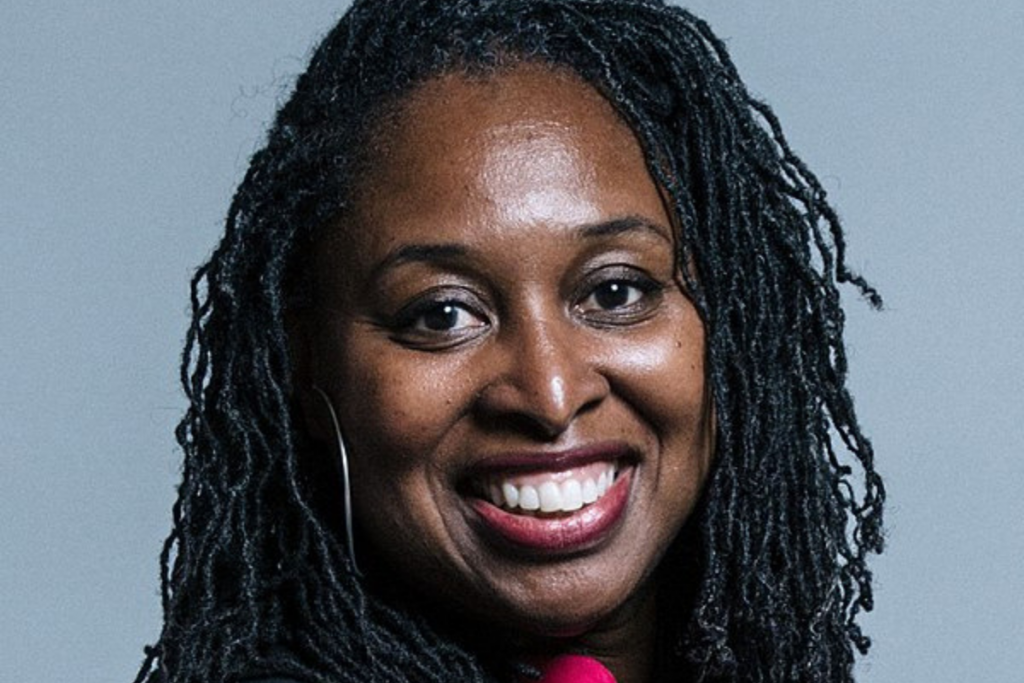
Hailing from East London, Dawn’s background working on race and equality for a trade union puts her in good stead for bringing forward policies that improve the lives of everyday people. Her announcement in 2018 of a commitment to bring into force 10 day’s paid leave for survivors of domestic violence, and work on issues affecting young people through chairing committees and councils focused on the topic demonstrate her nuanced understanding of the marginalisation faced by the very same people who are deprioritised in the conservative party vision.
Memorable moment: In July 2019 Dawn stood up in the House of Commons and declared the incoming prime minister a “casual racist and a misogynist”, quoting Stormzy by stating “chuck this government and chuck Boris”.
Faiza Shaheen, Labour prospective party candidate for Chingford & Woodford Green and director of the Centre for Labour & Social Studies

Faiza was selected as Labour PPC for Chingford & Woodford Green in July 2018 and is dedicated to unseating Conservative MP Iain Duncan-Smith, who has held the constituency in his clammy grip for the past 27 years. To recap: Iain Duncan-Smith was slash-master general during the coalition government (2010-2016), when he green-lit devastating welfare cuts which plunged swathes of people into poverty, defended zero-hours contracts and suppressed memos which outlined the failures of Universal Credit, the UK’s disastrous welfare benefits system. Conversely, Faiza is committed to a politics that centres working-class people, writing in the Guardian in February that “40 years of a profit-obsessed, market-fundamentalist approach has fractured the country and needs an urgent overhaul”. Faiza has consistently worked to keep labour rights issues on political agendas and is committed to addressing public spending cuts and low wages which are driving people into poverty.
Memorable moment: On a Channel 4 podcast in 2018 she came out boldly in criticism of welfare cuts, commenting that “The politics of austerity is a politics of lack of ambition… We’ve had the slowest recovery [from the financial crisis] of any OECD country, so we do know that austerity was wrong, it was economically defunct”.
Marsha de Cordova, Labour MP for Battersea and Shadow Minister for Disabled People
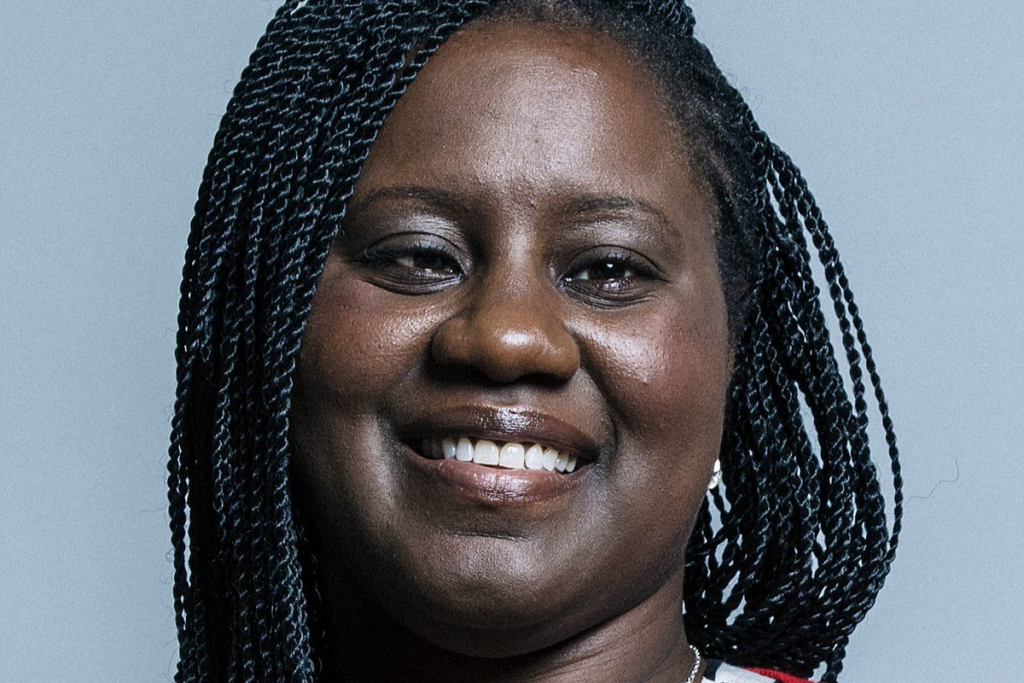
Marsha has consistently worked to improve living and working conditions for disabled people, including drawing attention to the impact of Universal Credit on disabled claimants. She wrote in the Guardian in April 2019: “Cuts to social security, a cruel work capability assessment (WCA) and punitive sanctions regime have pushed many disabled people to the brink”. Since her election in 2017, she has contributed to important votes, such as seeking to protect workers’ rights, to secure environmental protections during the Brexit process, and voting against the expansion of Heathrow airport. Marsha has also called on the government to abandon its “hostile environment” policy and has spoken out against human rights violations against Palestinians in Gaza. In a 2018 Westminster Hall debate, she said that “the humanitarian catastrophe [in Gaza] is human-made, perpetrated through military might and with international backing. Because it is human-made it can and must be unmade”.
Memorable moment: On International Women’s Day in 2019, Marsha highlighted the struggle she has endured to have her access needs met in her job as an MP. She explained: “Obtaining […] the additional support that I need in this place to operate and function as an MP has been challenging […] I shouldn’t be fighting the authorities here to get the additional support that I need, but I will fight on because that is what I’ve had to do throughout all of my life”.
David Lammy, Labour MP for Tottenham
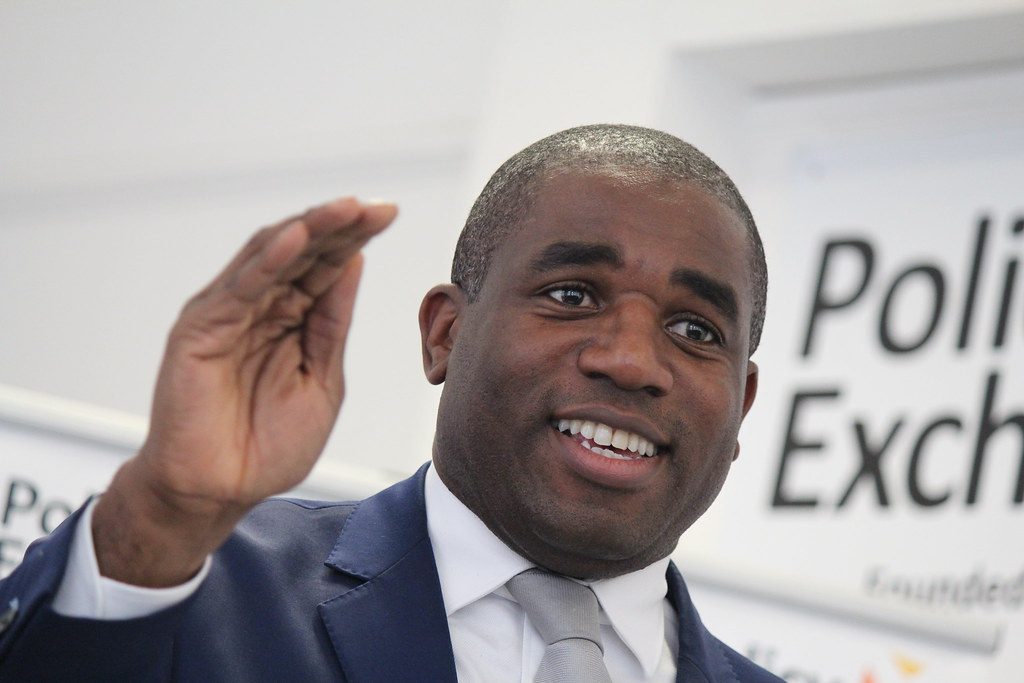
Tottenham boy David Lammy stepped into significant shoes when he became an MP: his predecessor Bernie Grant was one of the first three black MPs elected to the Commons, alongside Diane Abbott and Paul Boateng. David was the first Black British person to attend Harvard Law School, although when asked about this he retorted: “I think it was just because nobody else had applied!”.
It should be noted that David’s response to the 2011 London riots, which began after Mark Duggan was shot by police in Tottenham, was a little off-key to say the least. He reportedly called the riots “an explosion of hedonism and nihilism” and said of young rioters in Tottenham, “We must never, ever allow gang members and criminals to run the streets”. However, David’s political activities since 2011 have moved in bold and decisive steps away from respectability politics: after the Grenfell Tower fire in June 2017 he gave an emotional interview to Channel 4, commenting that “we need to live in a society where we care for the poorest and the vulnerable, and that means housing. That means somewhere decent to live […] it’s about the welfare state. Do we believe in a safety net or not?”.
David has consistently worked to improve rights and access to justice for marginalised communities and led on the 2017 Lammy review, a landmark piece of research into the treatment of people of colour in the UK’s criminal justice system. In 2017, David also led a campaign to hold Oxbridge accountable for its narrow admissions demographic, referring to the colleges as “fiefdoms of entrenched privilege”.
Memorable moment: David has consistently called the government to task over its treatment of the Windrush generation throughout the Windrush ‘scandal’, when it was revealed that the Home Office has been targeting Caribbean elders for deportation. In an impassioned speech to parliament in April 2018, he said: “It is inhumane and cruel for so many of that Windrush generation to have suffered so long in this condition. […] Can [the Secretary of State] explain how many have been deported? […] Can she tell the house how many have been detained as prisoners in their own country? […] This is a day of national shame and it has come about because of a hostile environment policy that was begun under her prime minister. Let us call it as it is: if you if you lay down with dogs you get fleas, and that is what has happened with this far-right rhetoric in this country”.
Sadiq Khan, Mayor of London
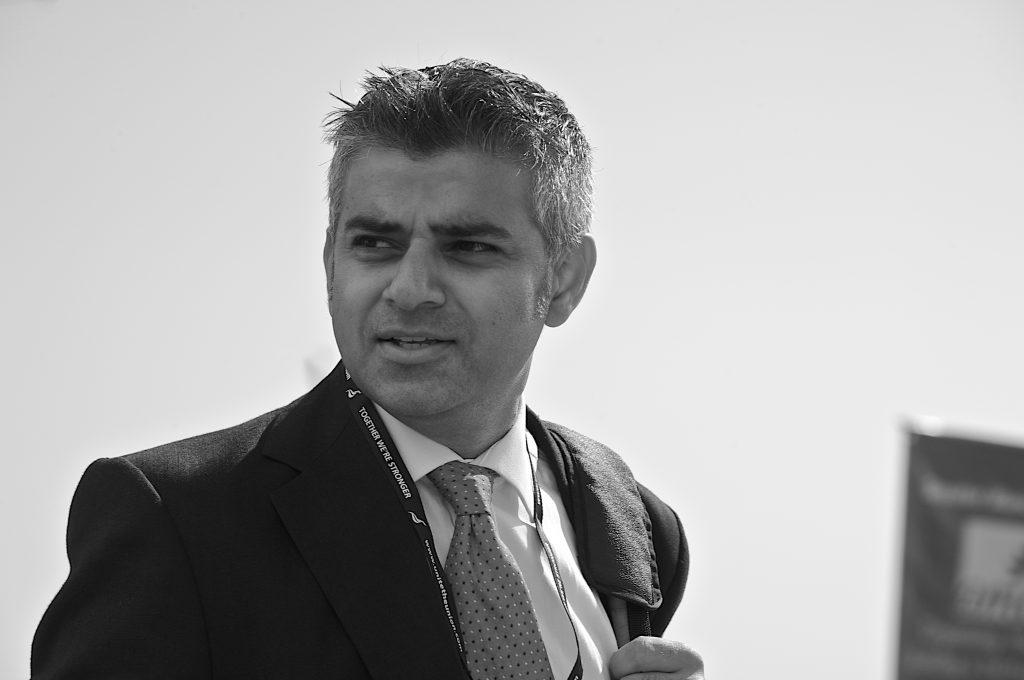
Sadiq was elected as Mayor of London in 2016, and was previously Labour MP for Tooting and the chair of human rights organisation Liberty. Sadiq stepped into the position of mayor after Boris Johnson’s time in the role, so he’s no stranger to getting the house in order after Boris has been running amok.
Sadiq, who won the biggest number of votes in one election of any politician in British history, is an ardent supporter of Britain’s membership of the European Union. In his time as mayor he has spoken out in support of justice for LGBTQI+ communities, voting for equal marriage and, in the wake of the 2016 Orlando nightclub shooting, stating that he “will do everything in [his] power to ensure that LGBT Londoners feel safe in every part of our city”. Sadiq’s measures as mayor have included the implementation of “Hopper” bus fares in the city, meaning that a passenger who takes two buses within an hour will only be charged once. He has championed the building of affordable homes, and has been an outspoken critic of Donald Trump, calling on the government to cancel the US president’s state visit to the UK.
Memorable moment: In July 2019, Sadiq gave some sound advice to Boris on tackling knife crime, which he described as “an appalling side effect of increasing inequality and alienation caused by years of austerity and neglect”.
With parliament suspended and a possible no-confidence vote and general election round the corner, a vacuum of power and influence is emerging in UK politics. Fingers crossed some decent politicians will step into the breach. Who knows – as a Gemini, Boris might just change his mind and flake on Brexit if something more interesting takes his fancy. Either way, a handful of politicians are demonstrating that you can represent the voices of everyday people and get stuff done from within the gothic fortress of Westminster. It’s all to play for.

